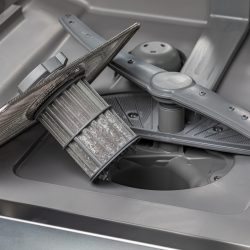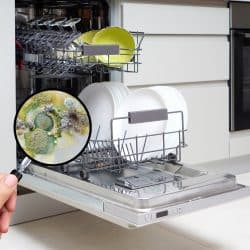Are you tired of constantly running out of dishwasher salt and making a last-minute run to the store?
We've got good news for you! There are simple alternatives you can use to keep your dishes sparkling clean.
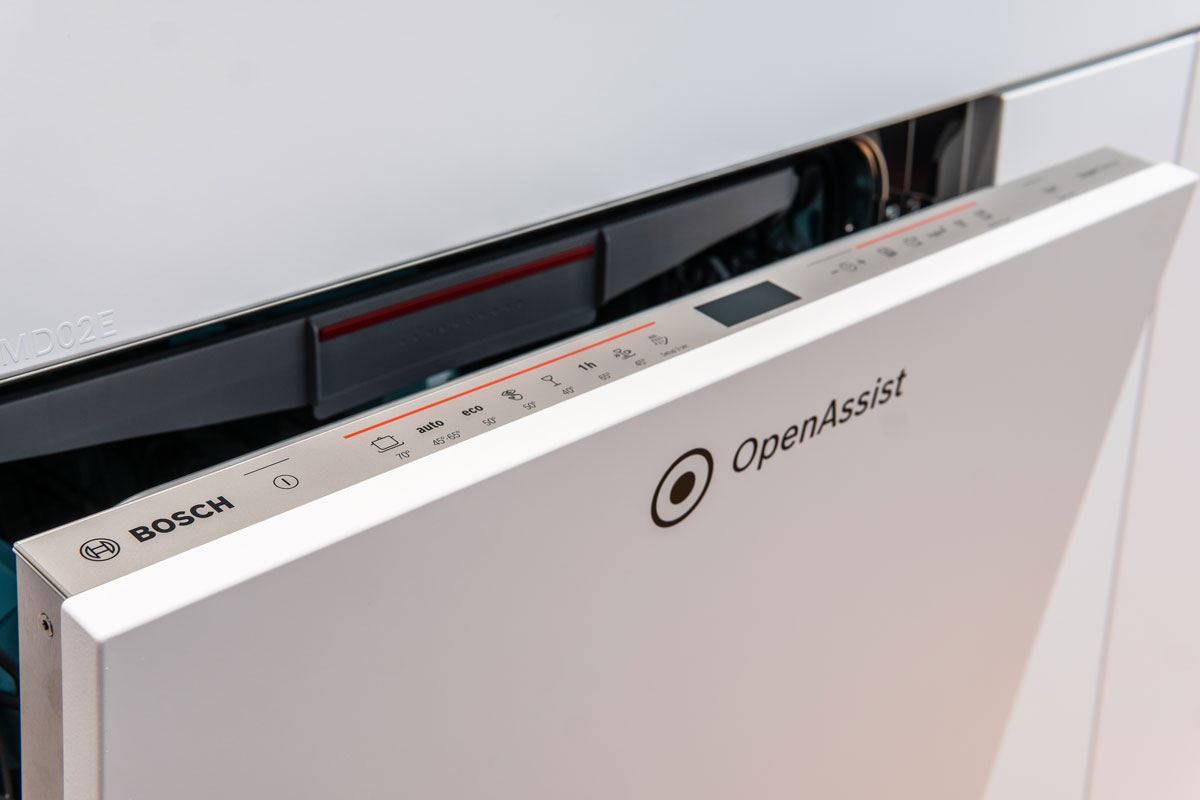
Instead of relying on dishwasher salt, try using white vinegar or baking soda. These two household staples are effective, affordable, and readily available.
Continue reading to learn how to use them and keep your dishes looking their best.
How Does Dishwasher Salt Work?
Dishwasher salt is a crucial component in ensuring your dishes come out clean and spotless. But how does it work?
The salt for your dishwasher is essentially coarse-grained sodium chloride.
It helps to soften the hard water that's tough on your dishes and prevents the dishwasher's softener unit from clogging up.
When you add the salt to your dishwasher, it enters a compartment that contains resin balls.
These resin balls attract the calcium and magnesium ions that cause hard water, which softens the water and makes it easier to clean your dishes.
The process of using dishwasher salt is called ion exchange.
It's important to note that you should only use dishwasher salt in dishwashers with a dedicated salt compartment.
What Can I Use Instead of Dishwasher Salt?
If you're in a pinch and don't have any dishwasher salt on hand, you may be wondering about using other alternatives at home.
You're in luck! There are a few options that work just as well. Here are a few.
Option 1: White Vinegar
White vinegar is a great substitute for dishwasher salt.
However, instead of adding vinegar directly to the salt reservoir, it's safer to place it on the top rack of your dishwasher.
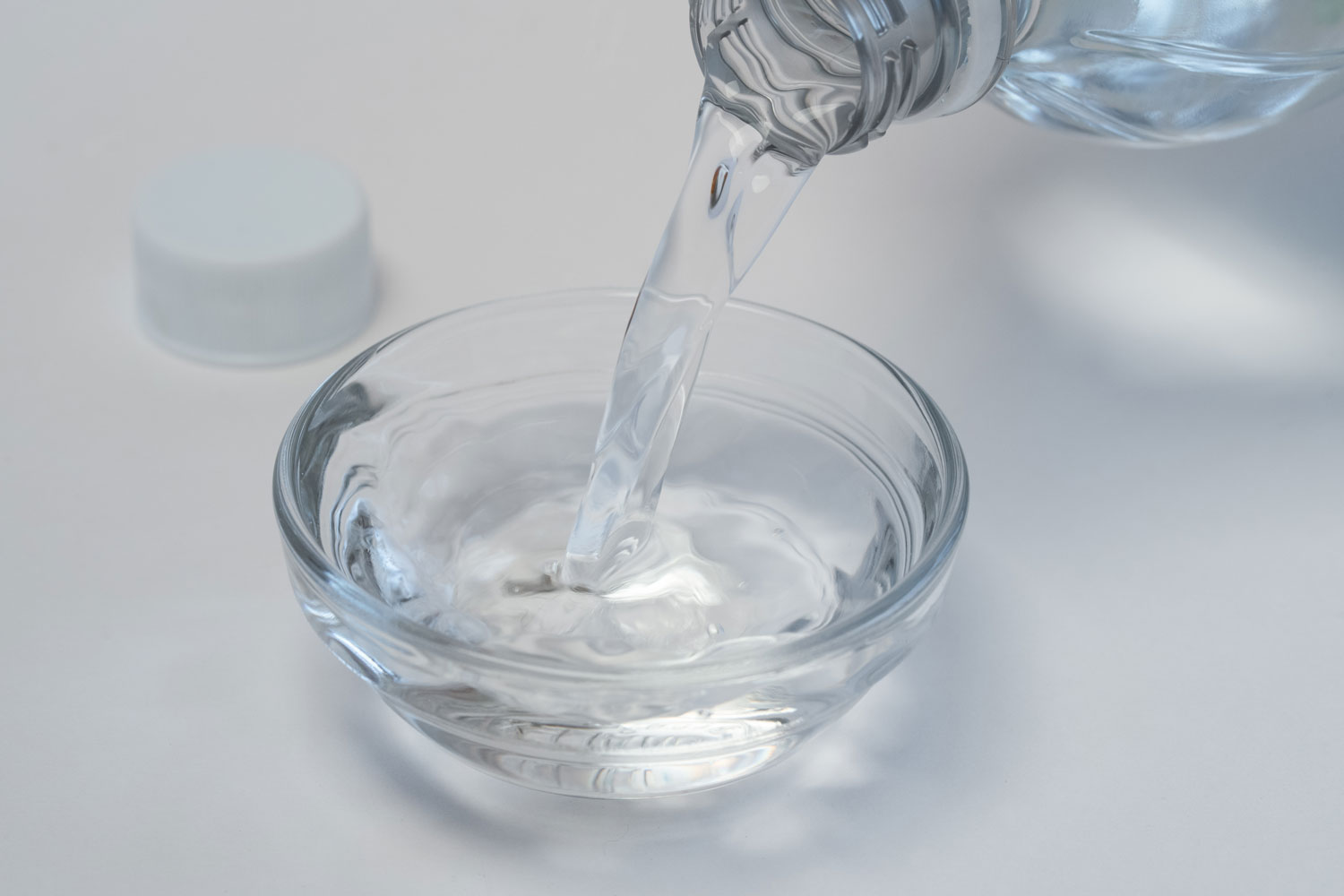
To use white vinegar, get a bowl and fill it with 1/2 cup of white vinegar.
Place the bowl on the dishwasher's top rack, ensuring it's secure and won't tip over during the wash cycle.
As the dishwasher runs, the force of the water will distribute the vinegar throughout the machine and onto your dishes.
The acidic properties of vinegar help to break down any grease and hard water buildup on your dishes, leaving them clean and residue-free.
Option 2: Baking Soda
Another alternative to dishwasher salt is baking soda.
Baking soda, also known as sodium bicarbonate, is a versatile cleaning agent that is gentle yet effective.
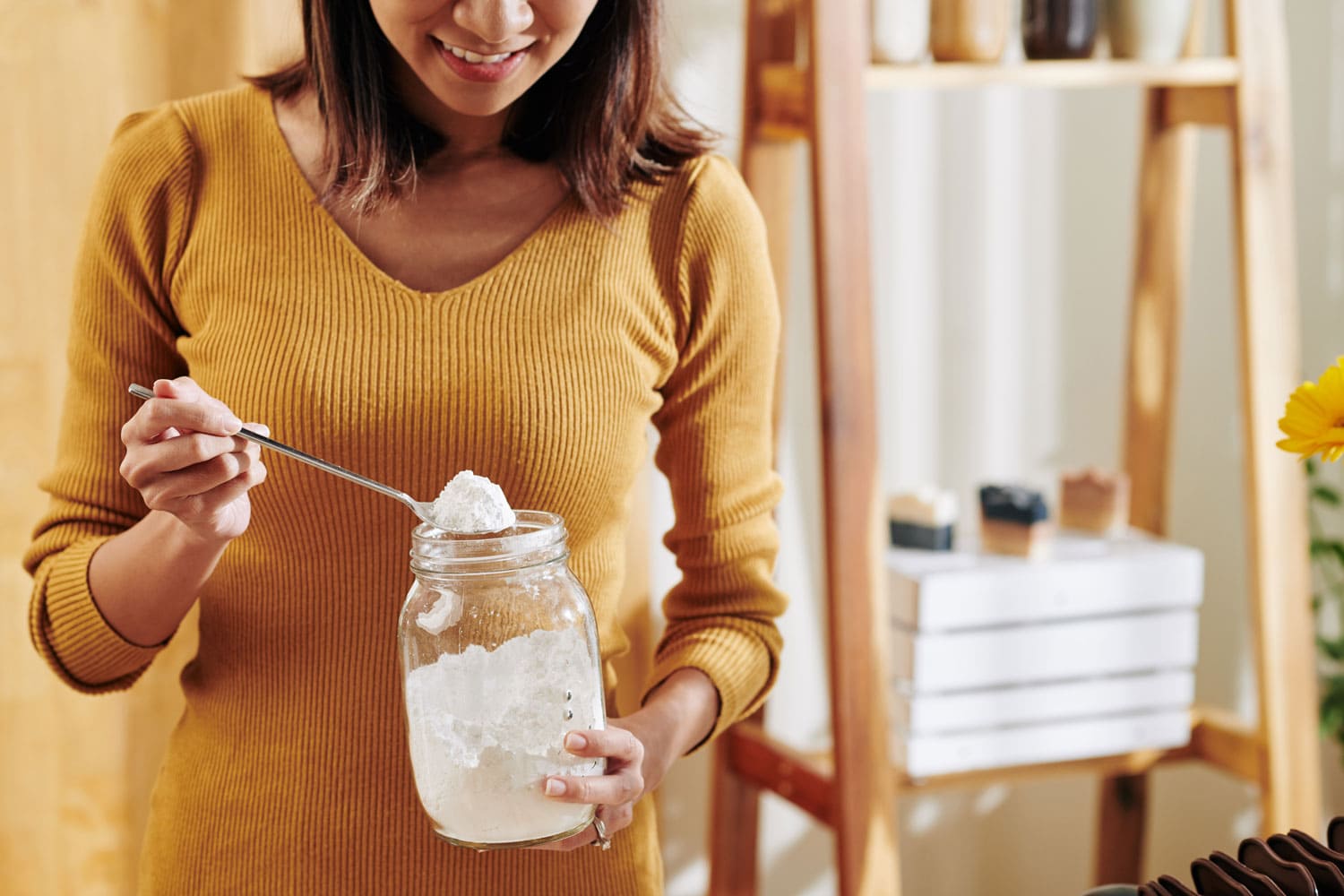
Its natural abrasive qualities make it a great cleaner, and it also helps to control odors.
To use baking soda, fill the detergent cup with it and run the cleaning cycle as usual.
Please note that although these alternatives are effective, using them, in the long run, is not recommended.
It may lead to costly repairs as baking soda and vinegar can cause hoses and rubber gaskets on your dishwasher to wear down.
What Should I Avoid Using in My Dishwasher?
When it comes to using your dishwasher, it's essential to know what not to put in it.
Some items can damage your dishwasher, while others can leave your dishes less than sparkling clean.
Here are a few things to avoid using in your dishwasher.
Dishwashing Liquid
While it may seem like a good idea to use regular dishwashing liquid in your dishwasher, it's actually a big no-no.
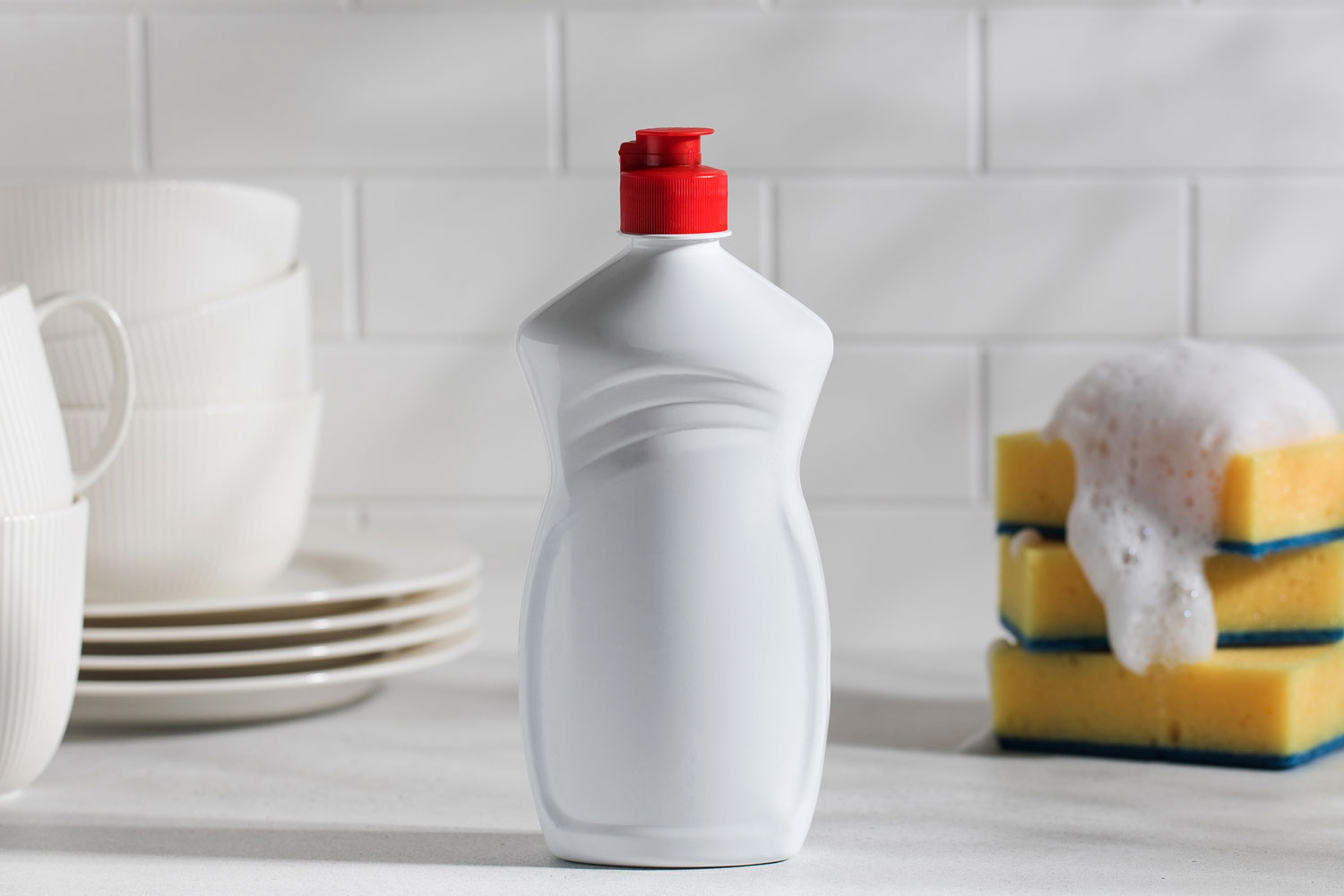
Dishwashing liquid is too sudsy and can cause your dishwasher to overflow.
It can also leave a residue on your dishes, making them look cloudy and dirty.
Borax
Borax is a common household cleaner that many people use in their laundry.
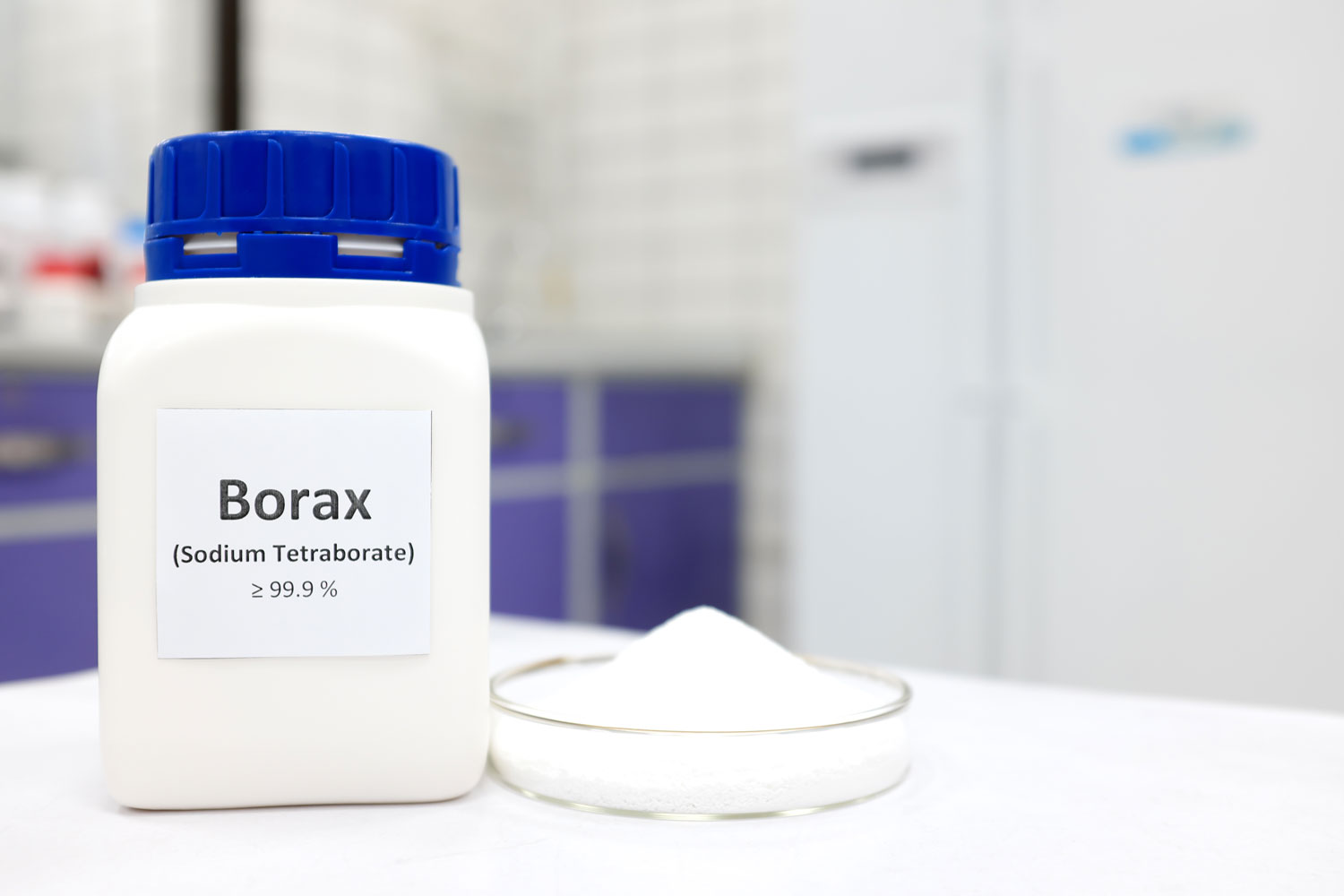
However, it's not recommended for use in your dishwasher. Borax can clog your dishwasher's drain, causing it to malfunction.
Related Reading: Kirkland Dishwasher Pacs Vs. Finish – Which To Choose?
What Would Happen If I Didn’t Put Salt In the Dishwasher?
If you’re wondering whether skipping the dishwasher salt is okay, the short answer is no.
Dishwasher salt is crucial in keeping your dishwasher clean and functioning optimally.

Without it, you may experience various issues that could cost you more time and money in the long run.
Limescale buildup is one of the most significant problems arising from not using dishwasher salt.
When your dishwasher is exposed to hard water, calcium and magnesium minerals can accumulate on the interior, reducing the machine’s efficiency.
Over time, limescale buildup can lead to clogs and other mechanical failures, which can be expensive to repair.
In addition to limescale buildup, running your dishwasher without salt can increase energy consumption.
Hard water requires more energy to heat up than soft water, which can cause your dishwasher to work harder and use more electricity.
This can result in higher utility bills and a less eco-friendly home.
Is Dishwasher Salt and Table Salt the Same?
When it comes to using dishwasher salt, many people wonder if they can use table salt instead. The answer is no.
While table salt and dishwasher salt contain sodium chloride, they are different.
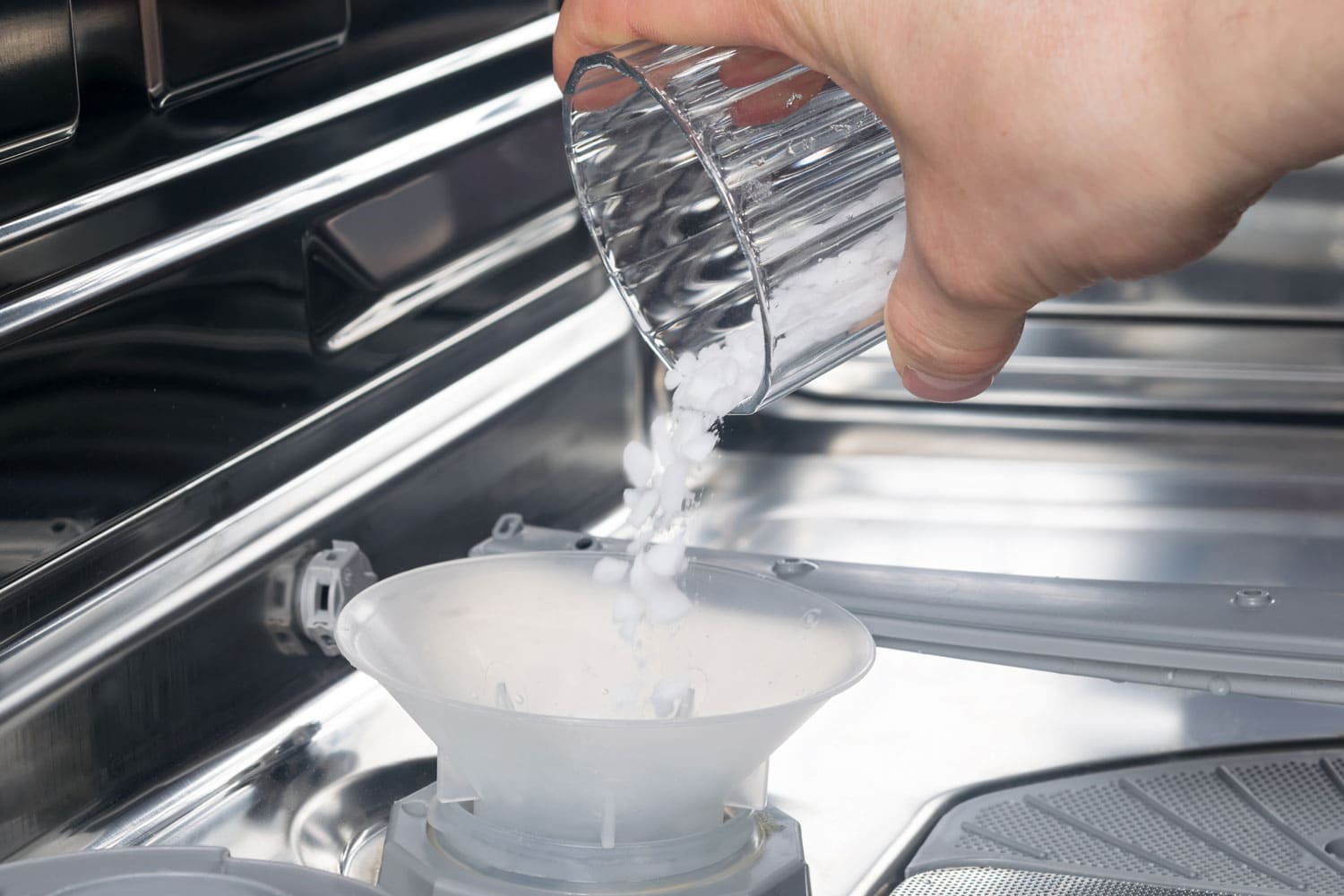
Table salt is much finer than dishwasher salt, which can cause it to clog up the softener unit in your dishwasher.
Additionally, table salt often contains anti-caking agents, which can interfere with your dishwasher's mechanical components.
On the other hand, dishwasher salt is coarser and designed to soften the hard water that can be tough on your dishes.
It works by binding to the water's calcium and magnesium ions, preventing them from sticking to your dishes and leaving behind unsightly stains.
So, while using table salt instead of dishwasher salt may be tempting, sticking with the latter for the best results is essential.
How Do I Refill a Dishwasher Salt Container?
If you want to refill your dishwasher salt container, don't worry, it's a straightforward process.
Follow these simple steps, and your dishwasher will be up and running quickly.
Locate the Salt Container
The salt container is usually at the bottom and to the left of the dish rack. Check your dishwasher manual if you're unsure where it is.
Note: Before adding salt for the first time, filling the salt container with water up to the top of the opening (approximately one qt [0.9L]) is essential.
Water does not have to be added with subsequent refills.
Related Article: Should A Dishwasher’s Salt Compartment Have Water In It?
Remove the lid
Open the lid of the salt container by twisting it counterclockwise.
Fill the Container
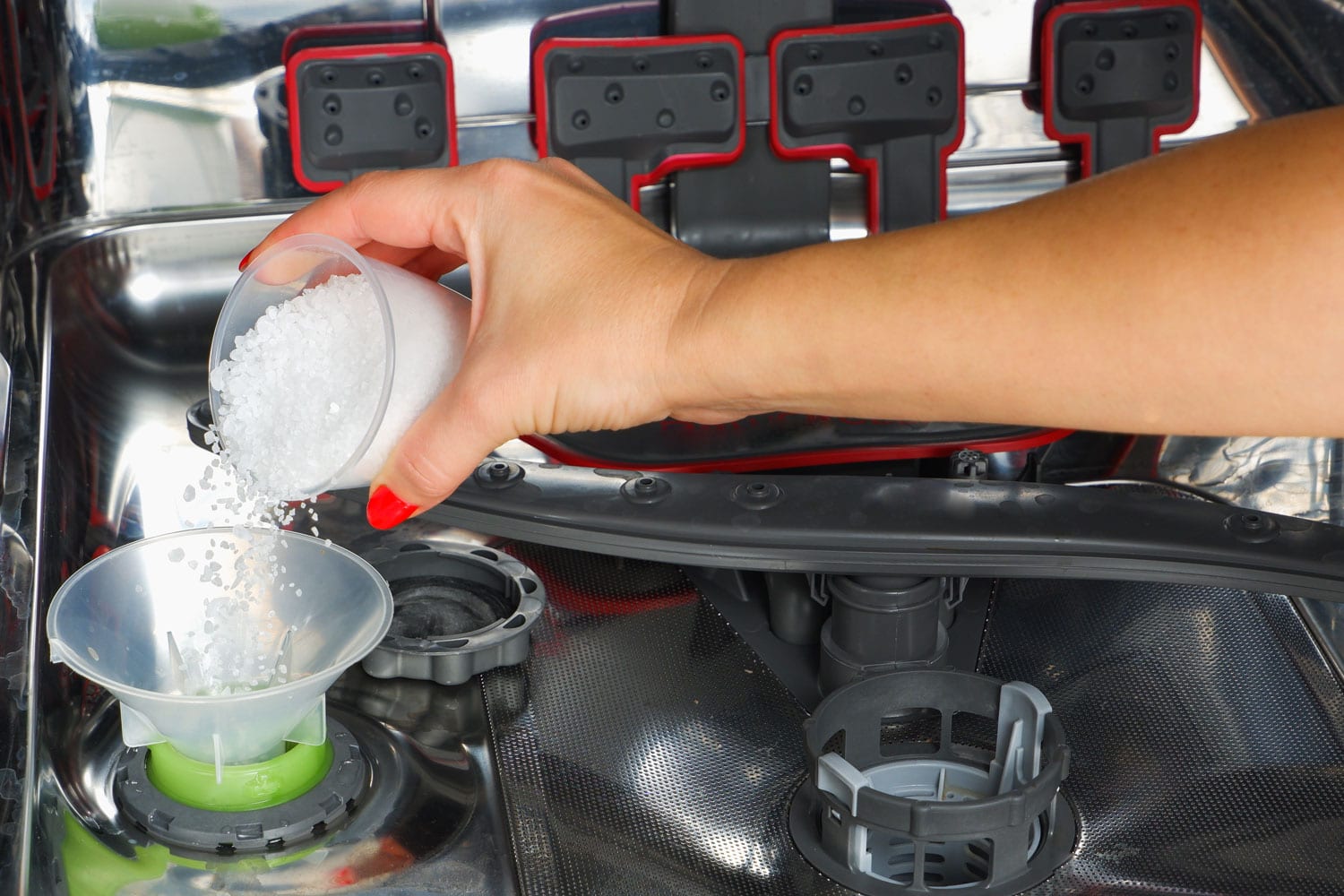
Slowly pour the dishwasher water softener salt into the container using a funnel. Be careful not to overfill the container.
Close the Lid
Once you've filled the container, close the lid tightly by twisting it clockwise.
Run a Prewash Program
After refilling your dishwasher salt container, it's crucial to run a prewash or the shortest available program after refilling the salt container.
Doing so will wash away any spilled salt and prevent it from causing damage to your appliance.
Check the lid once the cycle is complete to ensure it's securely closed.
Does My Bosch Dishwasher Need Salt?
Yes, Bosch dishwashers are designed to use salt as a water softener to help prevent hard water buildup on your dishes.
To determine how much salt your dishwasher needs, you first need to determine the hardness of your water.
You can do this by conducting a quick home test with a water hardness test strip or by looking at your water bill, which often indicates the hardness.
Want to check your water hardness? We recommend this test strip.
See Varify Water Hardness Test Strips in Amazon.
You can also contact your water supplier to ask for this information.
Once you know the hardness of your water, you can adjust the amount of salt your dishwasher uses accordingly.
Bosch recommends using their specially formulated dishwasher salt, which is designed to dissolve quickly and prevent buildup in the machine.
It's important to note that not all dishwashers require salt.
However, if you live in an area with hard water, using salt can help extend the life of your dishwasher and ensure that your dishes come free of spots.
You Might Also Like: What Dishwasher Detergent Does Bosch Recommend?
Wrapping It All Up
Both white vinegar and baking soda are effective alternatives to dishwasher salt.
They're also readily available and affordable, making them a great choice when you can't be bothered to make a last-minute run to the store.
Remember, these are only alternatives for when you run out of salt. They are not recommended for use in the long run.
That's it! Try these alternatives and see the results for yourself.
Don't forget to let us know what you think!


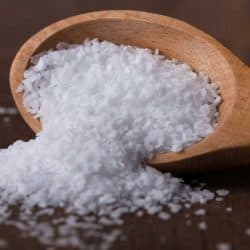
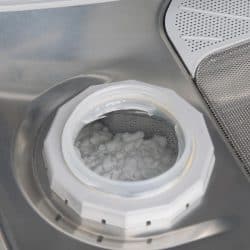
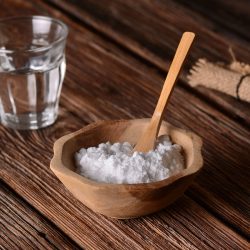
![Close-up of baking soda in a glass jar. Bicarbonate of soda - Is Baking Soda Edible? [Raw And Baked In Recipes]](https://kitchenseer.com/wp-content/uploads/2022/11/Close-up-of-baking-soda-in-a-glass-jar.-Bicarbonate-of-soda..-250x250.jpg)
